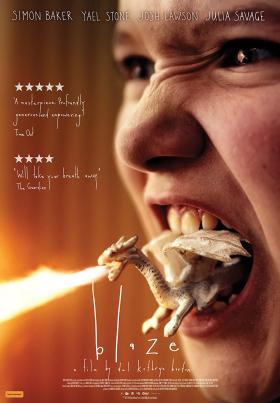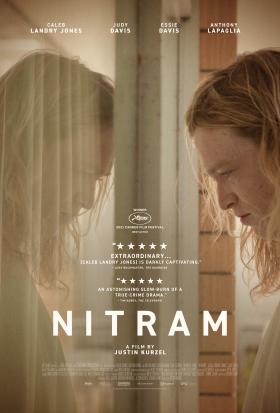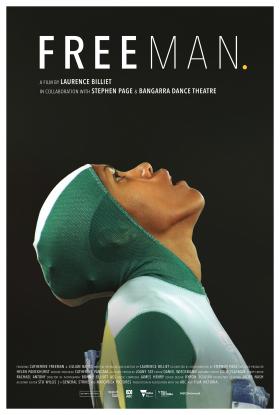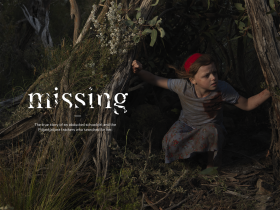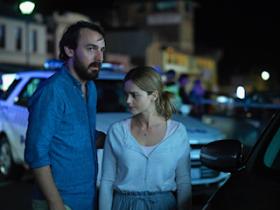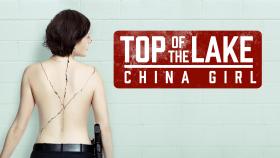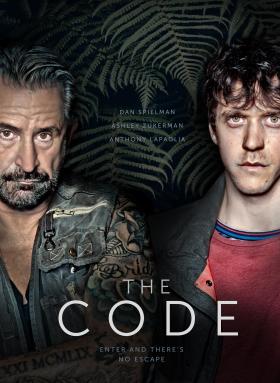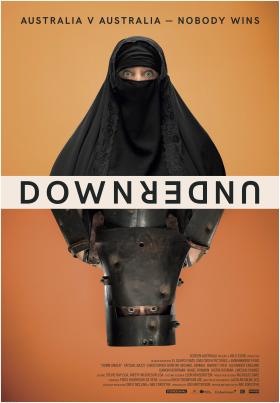Betty Roland Prize for Scriptwriting
The Betty Roland Prize ($30,000) is offered for the screenplay or script of broadcast programs or films.
2024
Applications closed
About the Prize
The Betty Roland Prize ($30,000) is offered for the screenplay of a feature-length fiction film, for the script of a documentary film, for the script of a play or documentary for radio, or for the script of a television program (whether fiction or non-fiction). A script will be eligible for consideration if a film or radio or television program has been first publicly screened or broadcast during the eligibility period. Scripts written by more than four authors are not eligible. Only one episode, per writer, per series can be considered. Only the writer’s original work will be considered for an award.
In the case of a feature-length film, the final shooting script should be submitted; in other cases, shooting and production scripts, which may differ from the original script, may be submitted only if accompanied by the original script.
Assessment will be made entirely on the literary merit of the written text, and not on the merits of the resulting film, radio or television program.
- The Judging Panel
-
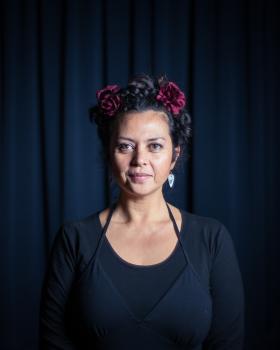
Katrina Irawati Graham
Panel Chair
Katrina Irawati Graham is a screenwriter, director and playwright. She works in many genres including feminist horror, crime and drama. She recently co-directed drama series Bali 2002 for STAN. Her Indonesian ghost story, White Song, is part of Australia’s first all-female directed horror anthology, Dark Whispers, (SBS On Demand). The feature film of that story was developed through Screen Queensland. Katrina has recently adapted a feature script of her play, Siti Rubiyah. She has written two award winning crime web series and has been in writers’ room for ABC and SBS. She is currently in development with Mother Tongue, an antiracist midwifery drama series. She is known for her intersectional gender advocacy. She celebrates her Indonesian-Australian heritage and champions diversity and story sovereignty.
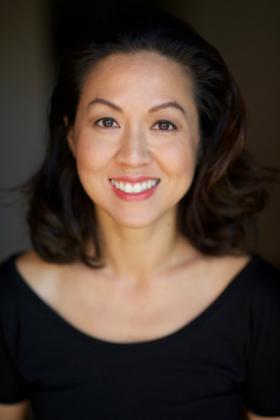
Jenevieve Chang
Jenevieve Chang is a story developer, performer and writer who has worked with Malthouse Theatre, Bell Shakespeare, Griffin Theatre and Monkey Baa Theatre as well as The National Theatre, The Young Vic and Yellow Earth Theatre in the UK. As a solo performer, she has toured widely, performing in venues in Berlin, Vienna, Montreal, Luxembourg, Cardiff, Ljubljana and Istres. Jenevieve’s multi-generational memoir, The Good Girl of Chinatown, was published by Penguin Random House in 2017. She has also written various radio plays for ABC Radio National. Jenevieve has recently been Development Executive at ABC Scripted and Screen Australia and is currently the BA Discipline Lead in Screenwriting at AFTRS. Her play, Yong (Monkey Baa Theatre) won a 2023 Sydney Theatre Award and played to sell-out audiences at the Sydney Opera House that year.

Richard Kuipers
Richard Kuipers is a film critic for the international trade paper Variety. He is curator and presenter of the Sydney Film Festival genre sidebar Freak Me Out and curates Australian programmes for the Cambodia International Film Festival. Richard produced The Movie Show on SBS TV from 1992-2001 and has served as a curator and historian of Australian cinema for the NFSA website australianscreen. Richard has produced and directed feature documentaries including Stone Forever (1999) and The Cambodian Space Project – Not Easy Rock’n’Roll (2015), which received four AACTA nominations including Best Television Documentary.
Past winners
About Betty Roland
The Betty Roland Prize for Scriptwriting commemorates Betty Roland (1903–1996), an Australian writer of plays, novels, screenplays, children’s books and comics. Betty Roland was an Australian writer of plays, novels, screenplays, children’s books and comics. Roland left school at sixteen to train as a journalist, working for Table Talk and Sun News-Pictorial. She began writing plays in the mid-1920s. Her best-known play The Touch of Silk being first performed in 1928 by the Melbourne Repertory Theatre company.
Roland lived in Russia for several years while being in a relationship with Guido Baracchi, one of the founders of the Australian Communist Party. She returned to Australia in 1935 writing a number of political plays, but became disillusioned with the Communist Party.
Roland also wrote the screenplay for what is claimed as the first Australian feature length "talkie" movie Spur of the Moment (1932) credited as Betty M. Davies.
Roland began writing for the radio, including The First Gentleman, Daddy Was Asleep and The White Cockade. During the 1950s she worked as a freelance writer in London, but returned to Australia in 1961 and moved on to write a number of highly regarded children’s novels. Roland is most-admired for her three volumes of autobiography, the first being Caviar for Breakfast (1979).
Award Information
The Betty Roland Prize for Scriptwriting is awarded as part of the NSW Premier's Literary Awards.
$30,000
For more information, please contact the Awards team.
Phone: (02) 9273 1767, or alternatively (02) 9273 1770.
